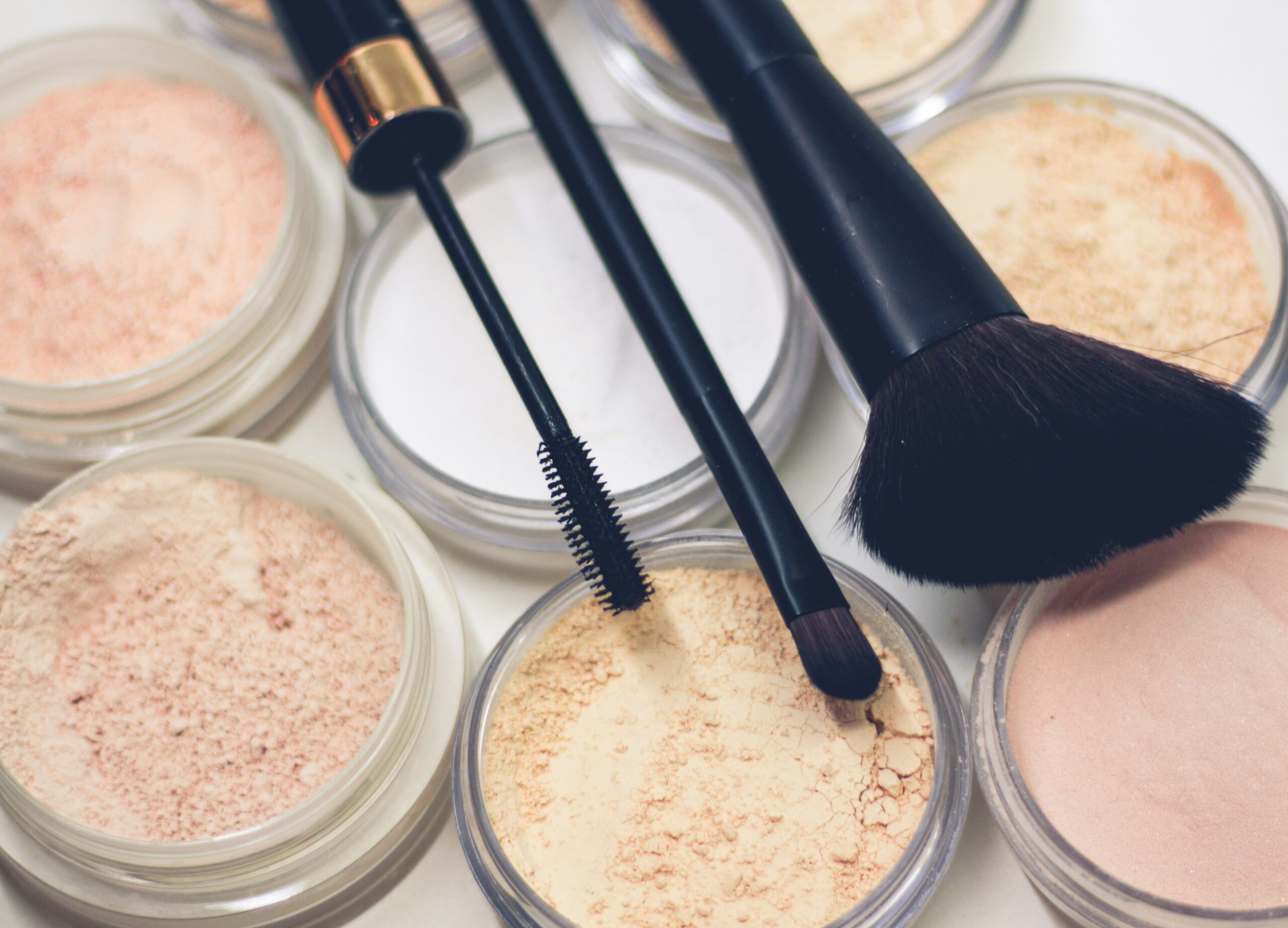This article is the first installment of the blog series: Beauty Tools –Brand Protection in the Beauty and Personal Care Industries. Kelly Phair McCarthy, a partner at Sideman & Bancroft LLP, represents some of the most well-known beauty and personal care companies in the world and routinely tackles the unique challenges of IP protection in that space.
Some of the most revolutionary and iconic products in the beauty industry come from the imaginations of entrepreneurs who ultimately become household names. Lotions and potions may start in a home kitchen or a local salon as a labor of love, gain traction and make their way to store shelves. Considering the significant creativity, vision and dedication it takes to bring a beauty product to market, it is understandable that founders often name their companies after themselves. While some of the most successful beauty brands in the world carry the names of their founders, following this path is not without its commercial and legal risks, especially when a founder’s ultimate goal is to exit the company and move on to new projects.
Reputation is Everything
Perhaps, most obviously, when a brand is named after its founder, the public’s perception of the quality and desirability of the brand rises and falls on the reputation of that person. Today’s It Girl or Mega-Influencer can be tomorrow’s old news. Missteps by the founder can have a direct impact on the brand’s image and valuation. Further, brands may struggle to grow or expand past the limits of the public’s perception of its founder.
Trademark Protection Can Be Tricky
Less obvious are the legal challenges that come with this category of beauty brands. While a company may start small and seek a cult following related to specific products, sales growth and product line expansion are a must for a company to establish staying power. Such growth usually comes in the form of international sales and expanded distribution networks both which require strong global trademark protection. However, establishing trademark protection in a person’s name can experience roadblocks both in the US and before foreign trademark offices.
In the US, securing trademark protection for a personal name requires demonstrating that the name has been used so extensively and for a long enough period of time that the public has come to associate the name exclusively with the company’s products. In foreign countries, personal names may not be recognized as being eligible for trademark protection at all. Additionally, cultural and linguistic differences matter, a name that may be well-known and highly regarded in one culture may have the opposite effect in another which can impact its value for use as a trademark. A brand that can’t establish a solid global trademark portfolio will not be able to keep competitors or infringers from trading off of the brand’s goodwill and reputation.
Leaving Your Name at the Exit
As a brand positions itself for investment and ultimately a profitable exit, diligence conducted around a company’s trademark protection is considerable. Eponymous brands face additional scrutiny in the diligence process. The founder’s global reputation, staying power and association with a diverse collection of products in the beauty industry is a significant consideration in determining the brand’s value. The ability of the brand to obtain global trademark protection in key locations and defend its territory from competitors and other threats is essential for growth. Founders in this situation may also be asked to sign separate licenses for the company to use their name long after they are involved in the day to day and are no longer in control of strategic decision making for the company.
While there are many examples of eponymous brands establishing brand reputations that withstand the test of time, choosing to name a beauty brand after a founder comes with unique risks for consideration.





